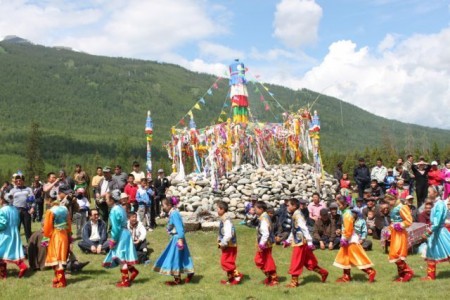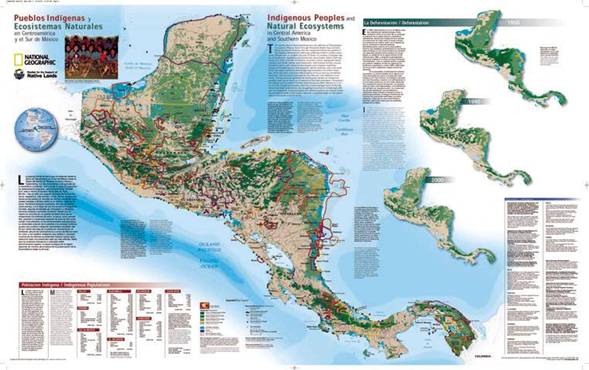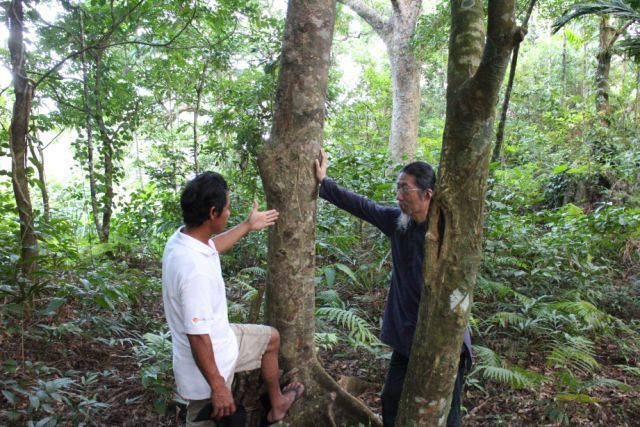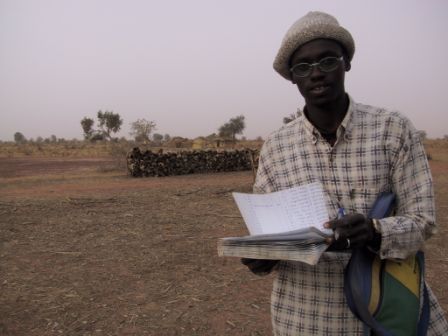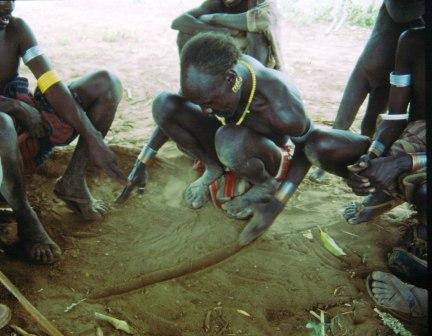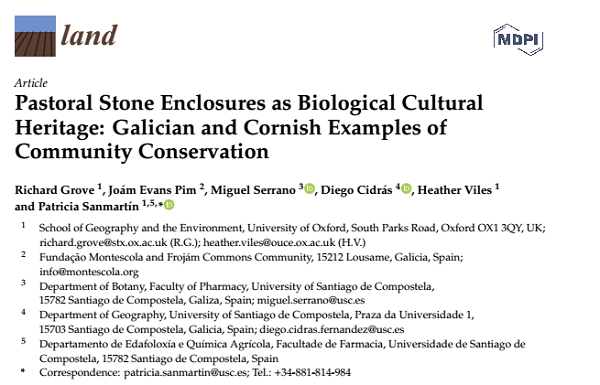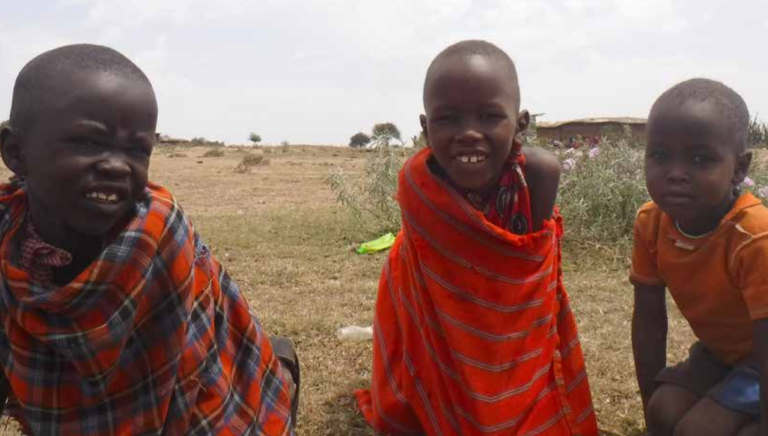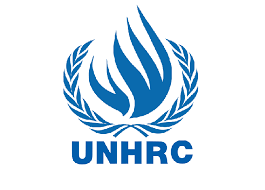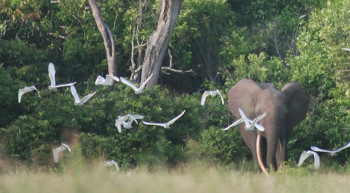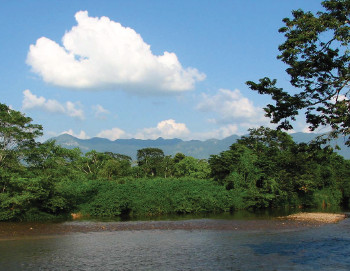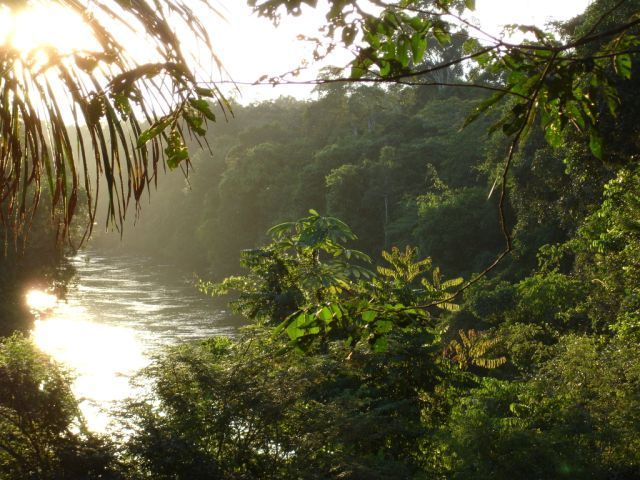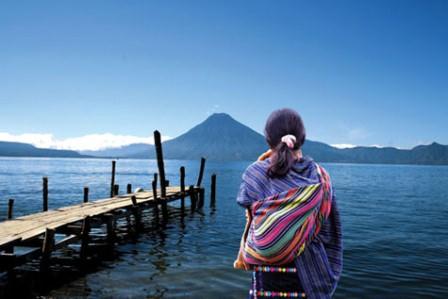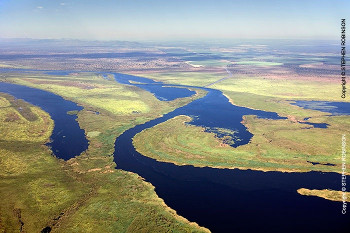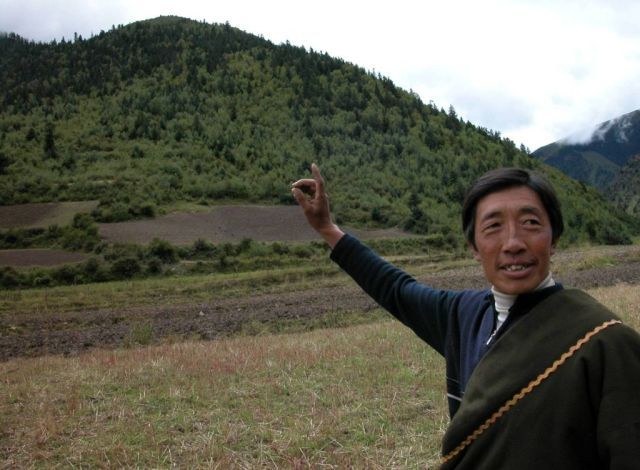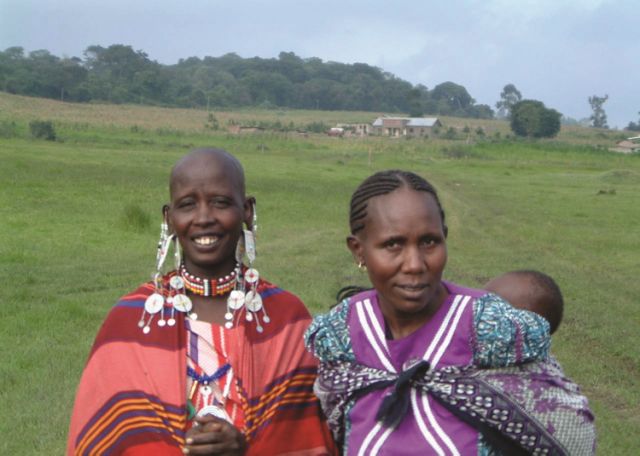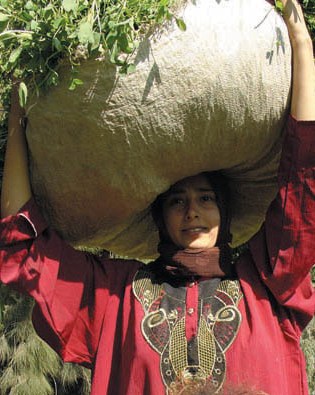Awareness and respect of local ecological and socio-cultural history are crucial to provide appropriate recognition and support to ICCAs, including when attempting to improve relevant policies and legislation. The ICCA Consortium has been gathering and developing a number of reviews to shed light on the historical and cultural roots of ICCAs. At times the analyses explore ancient history, and at times precious insights are found by just going back a few decades…
Forest and Pasture Commons in Romania: Country Report on Territories of Life, Potential ICCAs
In this report, Monica Vasile, Romanian environmental anthropologist and ICCA Consortium Honorary member, profiles Romania’s territories of life and explores their legal, historical, socio-economic, cultural and governance aspects. Read more ▸
Analysis on ICCAs in the Region of Xinjiang (China)
Please find the summary report in English here Please find the report in Chinese here
TICCA – raíces y evolución histórica, amenazas y oportunidades actuales y posible estrategia de reconocimiento y fortalecimiento en Mesoamérica
Territorios y áreas conservadas por pueblos indígenas y comunidades locales (TICCA): raíces y evolución histórica, amenazas y oportunidades actuales y posible estrategia de reconocimiento… Read more “TICCA – raíces y evolución histórica, amenazas y oportunidades actuales y posible estrategia de reconocimiento y fortalecimiento en Mesoamérica” ▸
Territorios y áreas conservadas por pueblos indígenas en la región Andina Amazónica
Territorios y áreas conservadas por pueblos indígenas en la región Andina Amazónica (in Spanish)
Seeking the Revival of Sustainability for the Island of the Tao People
Seeking the Revival of Sustainability for the Island of the Tao People, 2012
Pre-colonial and colonial conservation practices in southern Africa and their legacy today
Pre-colonial and colonial conservation practices in southern Africa and their legacy today, Murombedzi, 2003 Pre-colonial conservation practices have tended to be romanticized by most… Read more “Pre-colonial and colonial conservation practices in southern Africa and their legacy today” ▸
How to destroy a cultural landscape ICCA – lessons from Ethiopia
The making of unsustainable livelihoods—An on-going tragedy in the Ethiopian drylands, Marco Bassi, Policy Matters no 10, September 2002
Pastoral Stone Enclosures as Biological Cultural Heritage: Galician and Cornish Examples of Community Conservation
Co-authored by Joám Evans Pim, from our Member organisation Vilar Woods Commons Community, this paper describes how Frojám and Ladydown Moor ICCAs-Territories of Life are recovering their biocultural values, especially in terms of identity and positive conservation outcomes. Read more ▸
Risks to the sanctity of community lands in Kenya. A critical assessment of new legislation with reference to forestlands
This paper focuses upon loopholes in new laws that could exclude forested lands from collective entitlement, impairing constitutional advances in the process. Ambiguity within the Kenyan Constitution itself plays a role. Therefore, while lesser impediments to land justice may be remedied through clarifying regulations and parliamentary removal of offending clauses, judicial interpretation of constitutional intentions is required. Read more ▸
Oakland Institute Report on How Foreign Companies Devastate Tanzania’s Maasai in the Name of Conservation
Losing the Serengeti: The Maasai Land that was to Run Forever is a report based on field research, never publicly-seen-before documents, and an in-depth investigation into Tanzania’s land laws. Read more ▸
Call for submissions: Expert Mechanism on the Rights of Indigenous Peoples
Expert Mechanism on the Rights of Indigenous Peoples, on achieving the ends of the United Nations Declaration on the Rights of Indigenous Peoples (UNDRIP) –
Deadline: 17 March 2018 Read more ▸
Call for input: Report on the criminalisation of indigenous human rights defenders
Call initiated by The United Nations Special Rapporteur on the rights of indigenous peoples, Ms. Victoria Tauli-Corpuz, in cooperation with the Office of the High Commissioner for Human Rights (OHCHR) – Deadline: 16 March 2018 Read more ▸
Call for submissions: EMRIP study on free, prior and informed consent
Expert Mechanism on the rights of Indigenous Peoples, on free, prior and informed consent – Deadline: 28 February, 2018 Read more ▸
Exploring the African Traditional Belief Systems in Natural Resource Conservation and Management in Ghana
Abstract The aim of this paper was to discover how taboos and totems as belief systems have been used successfully to promote natural resource… Read more “Exploring the African Traditional Belief Systems in Natural Resource Conservation and Management in Ghana” ▸
Evolving hunting practices in Gabon: lessons for community-based conservation interventions
Evolving hunting practices in Gabon: lessons for community-based conservation interventions. Walters, G., J. Schleicher, O. Hymas, and L. Coad. 2015. Ecology and Society 20(4):31.… Read more “Evolving hunting practices in Gabon: lessons for community-based conservation interventions” ▸
Chimalapas: La defensa del territorio y de los bienes naturales como un factor de identidad indígena
Chimalapas: La defensa del territorio y de los bienes naturales como un factor de identidad indígena, Miguel Ángel García Aguirre, Centro de Estudios para… Read more “Chimalapas: La defensa del territorio y de los bienes naturales como un factor de identidad indígena” ▸
How John Muir’s Brand of Conservation Led to the Decline of Yosemite
How John Muir’s Brand of Conservation Led to the Decline of Yosemite, By Eric Michael Johnson on August 13, 2014
The Myth of Wilderness in the Brazilian Rainforest
The Myth of Wilderness in the Brazilian Rainforest, Carlos Diegues, 2010
Social movements and the governance of frontier land for “another development” and conservation in Brazil
Social movements and the governance of frontier land for “another development” and conservation in Brazil, Schwartzman et al., 2010
Desde el pensamiento de los Pueblos Indígenas de Guatemala, por los derechos de la Madre Tierra
Agenda socioambiental Desde el pensamiento de los Pueblos Mayas Garifumas y Xinkas de Guatemala, Guatemala 15 de Octubre, 2010 (in Spanish)
Governance issues, potentials and failures of participatory collective action in the Kafue Flats, Zambia
Governance issues, potentials and failures of participatory collective action in the Kafue Flats, Zambia, Harry Nixon Chabwela and Tobias Haller, International Journal of the… Read more “Governance issues, potentials and failures of participatory collective action in the Kafue Flats, Zambia” ▸
Ecological Civilization, Indigenous Culture and Rural Reconstruction in China
Ecological Civilization, Indigenous Culture and Rural Reconstruction in China, Wen Tiejun et al., Crossroads International Conference at Lingnan University, Hong Kong, June 17–21, 2010
Robust institutions and resilient ecology: linkages in Maasailand (Kenya)
A Century of Institutions and Ecology in East Africa’s Rangelands: Linking Institutional Robustness with the Ecological Resilience of Kenya’s Maasailand, Esther Mwangi and Elinor… Read more “Robust institutions and resilient ecology: linkages in Maasailand (Kenya)” ▸
Controlling the margins: Nature Conservation and State Power in Northeastern Cambodia
Controlling the margins: Nature conservation and state power in northeastern Cambodia, Baird, 2009. Pages 215-248 In: Bourdier, Frédéric (ed.), Development and Dominion: Indigenous Peoples of Cambodia,… Read more “Controlling the margins: Nature Conservation and State Power in Northeastern Cambodia” ▸
From Displacement-based Conservation to Place-based Conservation
From Displacement-based Conservation to Place-based Conservation, David Barton Bray and Alejandro Velázquez, 2009
Local protection of tropical dry forest: taboos and ecosystem services in southern Madagascar
Sacred forests in Madagascar: the local, customary institutions are essential to conserve them! Local protection of tropical dry forest: taboos and ecosystem services in… Read more “Local protection of tropical dry forest: taboos and ecosystem services in southern Madagascar” ▸
Community-Based Conservation: A Reflection on History
Community-Based Conservation: A Reflection on History, Mac Donald, 2003
First published on 03/06/2017, and last updated on 06/10/2017


